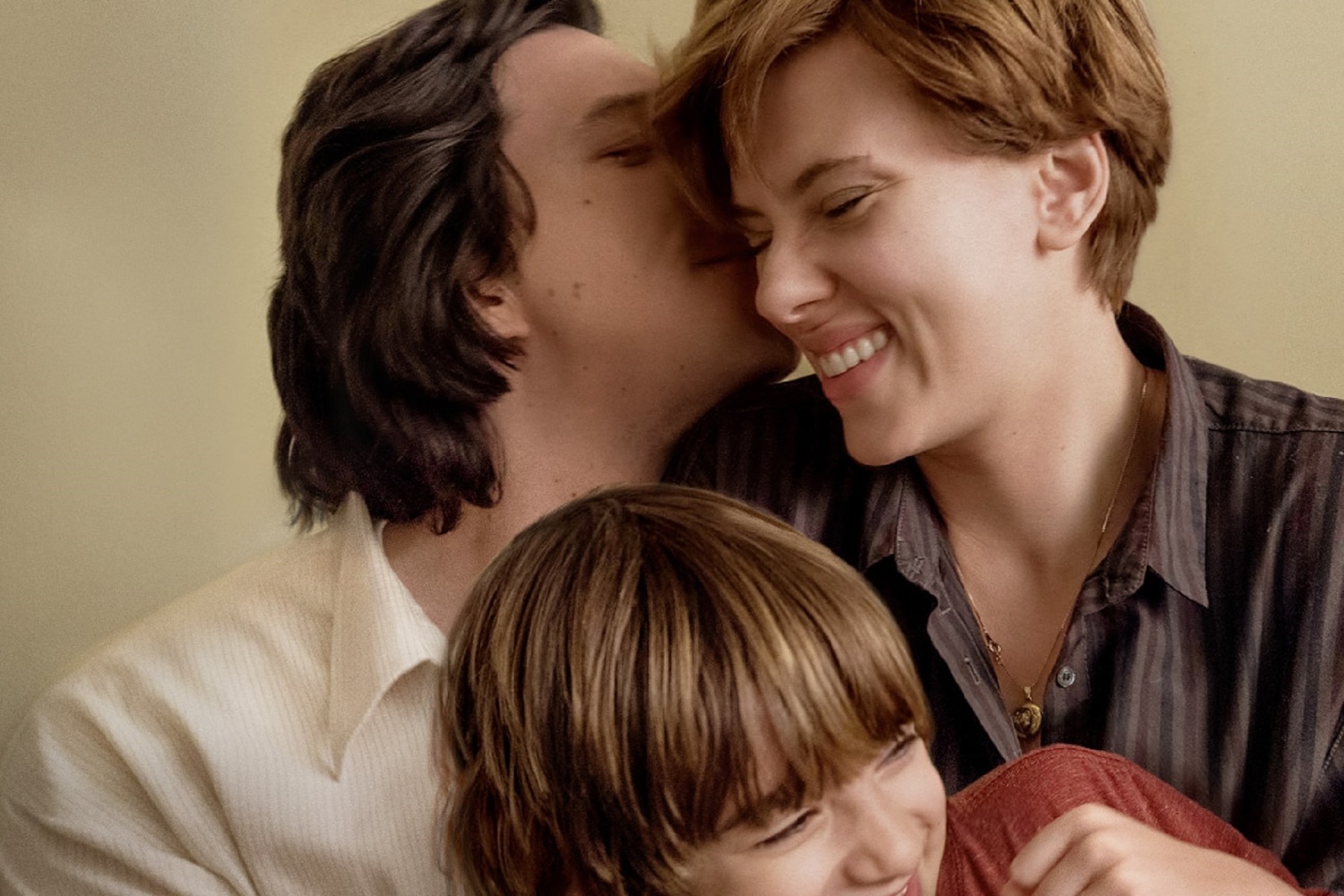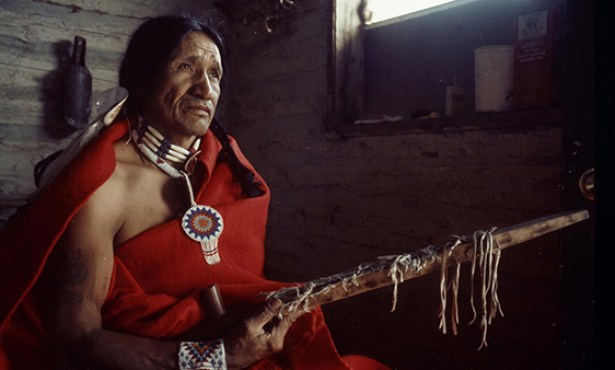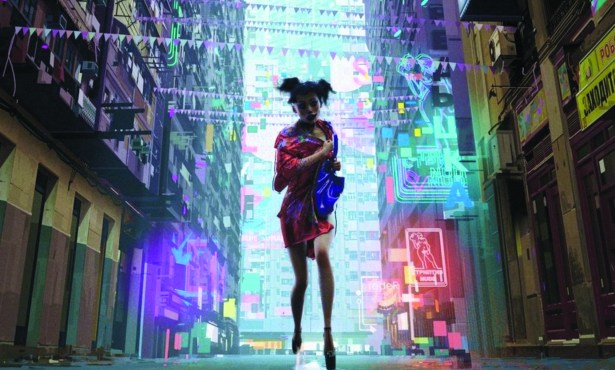Netflix Eyes the Oscars
‘The Irishman’ and ‘Marriage Story’ Are Viable Academy Contenders

Alfonso Cuarón’s Roma, from 2018, was a watershed moment for the film industry. Netflix, after revolutionizing how and where people view cinematic content, made a show of strength by coming for the industry’s most coveted honors: the Oscars. But they did it on their terms. Bucking the big theater chains’ demand for a 90-day exclusivity period, Netflix opted instead for a three-week limited theatrical release before making Roma available for streaming worldwide. Despite forgoing a traditional wide release, the black-and-white foreign-language film still managed to garner 10 Academy Award nominations in 2019, including Best Picture, and took home statues for Best Foreign Language Film, Best Director, and Best Cinematography. Netflix played by their own rules and still won the game. Now, they’ve reshaped the playing field.
This year, Netflix is eyeing a race where they’re arguably their own best competition. Topping their bill of Academy fare are Martin Scorsese’s The Irishman and Noah Baumbach’s Marriage Story, already viable contenders in the direction, writing, and acting categories, and nearly assured nominees for Best Picture.
Like Roma before it, with its stunning widescreen photography and languid long takes, Scorsese’s 210-minute gangster epic cuts a strange figure beside the much-maligned disrupter of the theatrical experience. But, in today’s market, the major studios are increasingly reluctant to put down a $140 million bet on a picture with no IP and no costumed superheroes, so Netflix is one of the few places creators can turn for ambitious, original, spandex-free content.
With the streaming site’s backing, Scorsese returns to his iconic mobster milieu, but this time with the maturity of an elder statesman of the cinema. In his new film, former hitman Frank “The Irishman” Sheeran (Robert De Niro), nearing the end of his days, reflects on his life and the choices he has made. Questions of conscience suffuse this underworld yarn, and fans of Scorsese will notice multiple instances of him lifting visual quotes from his own filmography and reframing them in a new light of rueful observation. The Irishman is a gangster film, yet ruminations on mortality and spirituality hang heavy in the air, making it less a return to form for Scorsese and more an elegiac summation of a career.
Joining him are a cast of familiar faces, and new. Al Pacino, perhaps the only septuagenarian Italian in Hollywood never to appear in a Scorsese picture, rewards our patience with a flamboyant turn as union boss Jimmy Hoffa, a performance showy and commanding enough to position him as an early favorite in the Best Supporting Actor category. Meanwhile, Joe Pesci stakes out a different territory altogether. Infamous for his unleashed bulldog persona in Goodfellas and Casino, here, Pesci’s character simmers with controlled menace, pronouncing death sentences with little more than innuendo.
The composure of Pesci’s character is an analogue for the film as a whole. It’s a quieter Scorsese picture, but confident and sincere. Those hungry for sumptuous, aesthetic flourishes will have their appetites sated more than once, especially by a bravura sequence at a car wash, but otherwise the focus on story and character is lean and purposeful — adjectives not usually ascribed to three-and-a-half-hour epics. The film’s crisp, assertive pace is a testament to Scorsese’s collaborators, his crew as well as his cast, and the Oscars are gearing up to acknowledge their feat handsomely, with strong contention in the Best Adapted Screenplay category, Best Editing, Best Cinematography, and Best Costume Design.
Netflix’s other Oscar-season sensation, this one from Noah Baumbach, was born of a preexisting relationship between the site and the auteur. Netflix released Baumbach’s last picture, The Meyerowitz Stories (New and Selected), but that was way back in 2017, before Oscar and Netflix would even dare be uttered in the same sentence.
Now, Baumbach’s latest isn’t just in the conversation; it’s a conversation-starter. Marriage Story is arguably the writer/director’s most accomplished film to date. Adam Driver and Scarlett Johansson both give stirring performances as flawed but lovable characters who can no longer love each other. The dissolution of their marriage, despite nobler intentions, mires them in a legal and custody battle that requires the worst of themselves rather than the best.

Johansson gives a grounded, impactful performance, punctuated by a single-take monologue acute with resentment and her own burgeoning self-discovery. But ultimately, the film is Driver’s showcase, who seems more and more a revelation with each passing role. Here, he registers that range from pathetic to comedic, from brutal to vulnerable, sometimes alternately, oftentimes simultaneously.
Baumbach’s deft script and precise visual language makes these standout performances possible. One scene in particular, near the middle of the film, starts out as a respectful conversation before escalating into a full-scale shock-and-awe campaign of verbal artillery. The tempo rises; the cuts sharpen; the framing tightens. As these two lay into each other, the audience is bullied with invective, captive to the venomous discharge of hurt and blame unloaded with intent to kill. The scene is a perfect marriage of performance, script, and direction, and this level of cinematic harmony buoys this disharmonious tale from beginning to end. Along with writing and acting nominations, expect to see editor Jennifer Lame and cinematographer Robbie Ryan receive acknowledgement from the Academy this year for their outstanding work on this incredible film.
Undoubtedly, the movie landscape is changing, but we’re still not in short supply of good art worth celebrating and rewarding, and that’s something to be grateful for.



You must be logged in to post a comment.